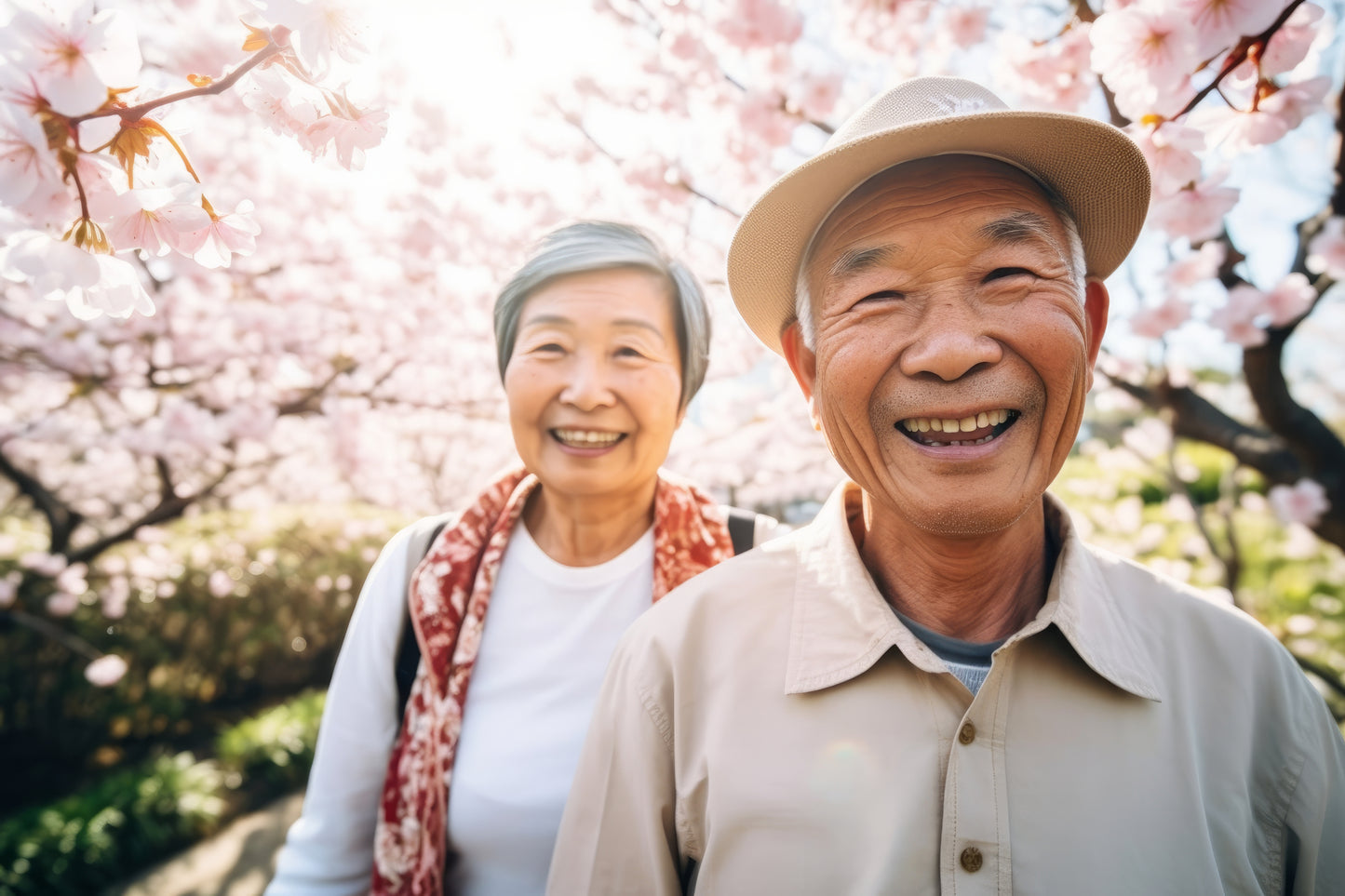
Sea moss, a type of seaweed commonly found in oceans, has been gaining popularity for its myriad health benefits. It's not just another passing fad; there's concrete evidence to support its beneficial effects on human health. Intriguingly, if we look towards the Blue Zones of the world, regions renowned for their high life expectancy, we find a fascinating link between longevity and the consumption of marine vegetables like seaweed.
What is Sea Moss?
Sea moss, also known as Irish moss, is a type of red seaweed. It's not just an essential food source, but is also used in various medicinal applications and even skincare. It’s rich in vitamins, minerals, and antioxidants, which can contribute to overall health and well-being.
Benefits of Sea Moss
1. Nutrient Rich: Sea moss is packed with more than 90 essential minerals and vitamins, including iodine, calcium, potassium, and magnesium. These nutrients play a critical role in maintaining our body’s health, from ensuring proper thyroid function to strengthening bones.
2. Digestive Health: Thanks to its high mucilage content, sea moss acts as a soothing agent for the mucus membranes in the body. This can be particularly helpful in improving gut health and alleviating digestive issues.
3. Boosts Immunity: Sea moss has antiviral and antimicrobial properties, making it a natural booster for our immune system. It can help fight off infections and illnesses, keeping us healthy and robust.
4. Skin Health: The collagen content in sea moss can help maintain the elasticity of the skin. Furthermore, its anti-inflammatory properties can help combat various skin conditions like eczema and psoriasis.
Blue Zones and the Link to Seaweed
Blue Zones are specific areas around the world where people live significantly longer and healthier lives than the average population. One of these zones is Okinawa, Japan, famous for its high life expectancy and low rates of diseases like heart disease and cancer.
A closer look at the Okinawan diet reveals a high consumption of marine vegetables, including various types of seaweed. Seaweed, much like sea moss, is a powerhouse of nutrients. The Okinawan people have been reaping the health benefits of these marine vegetables for generations.
1. Rich in Antioxidants: Seaweeds consumed in places like Okinawa are rich in antioxidants that fight free radicals, reducing the risk of chronic diseases and promoting longevity.
2. Heart Health: The regular consumption of seaweed is linked with lowered blood pressure and reduced cholesterol levels. This could be a contributing factor to the low rates of heart disease in Blue Zone regions.
3. Weight Management: Seaweeds are low in calories but high in fiber. This combination helps in promoting feelings of fullness, thus aiding weight management – a key aspect of health in Blue Zones.